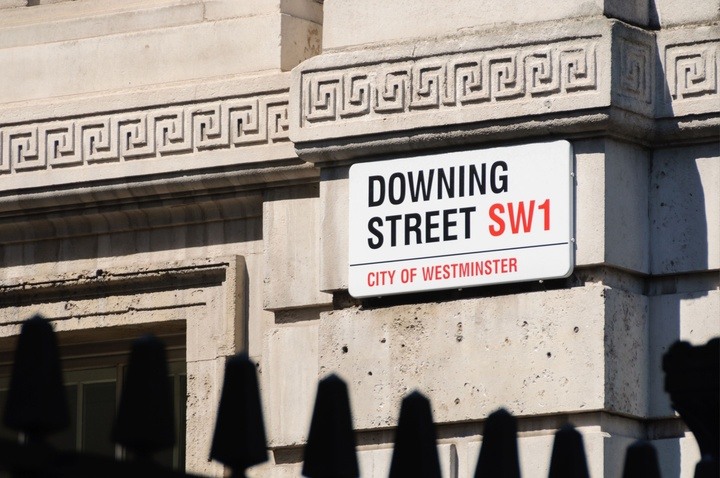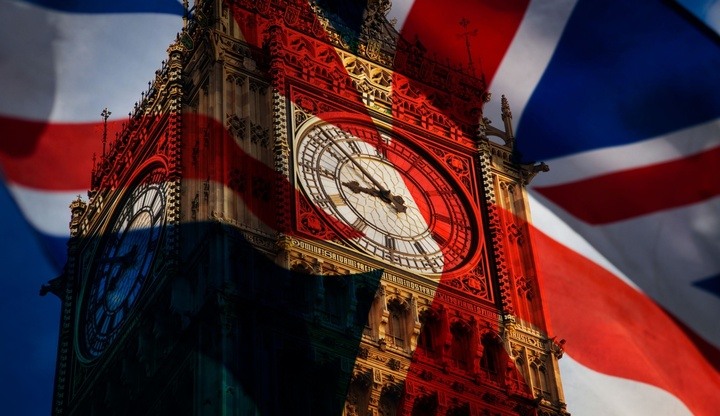Weekly Briefing: Key Spring Statement Takeaways, Inflation Trends & How Fintech is Leading Hiring
In this week’s edition of the GCV Weekly Briefing, we delve into the key takeaways from today’s Spring Statement, the latest inflation data, and the dominant role fintech is playing in driving tech sector hiring—despite facing its own challenges.
Each of these stories sheds light on the evolving economic and investment landscape, highlighting the balancing act policymakers and businesses must navigate. Read on for a deeper insight into these crucial developments.
UK Economy
Spring Statement 2025: Key Insights
- Rachel Reeves opened the Spring Statement by reaffirming Labour’s commitment to economic stability, emphasizing that the Bank of England has cut interest rates three times since Labour took office. However, she acknowledged that economic headwinds—such as stalled tax receipts, weaker-than-expected growth, and global uncertainty driven by Trump’s second presidency—have tightened fiscal space.
- On the back of this, the Office for Budget Responsibility (OBR) revised its GDP growth forecast for 2025 down from 2% to 1%, reflecting economic challenges. However, it upgraded forecasts for subsequent years, with GDP expected to grow by 1.9% in 2026, 1.8% in 2027, and stabilizing at 1.7-1.8% through 2029.
- No new tax increases were announced, but Reeves emphasized the need to tackle tax evasion. She pledged to use advanced technology to help HMRC recover an additional £1bn, bringing the total raised from tax avoidance measures to £7.5bn. While Labour has avoided immediate tax hikes, political observers question whether this position will hold until the full budget in autumn.
- On another note, welfare reforms emerged, as a controversial pillar of the statement. The OBR expects savings from planned benefit cuts will raise £3.4bn by 2029-30. Reeves defends the changes, stating, “The Labour party is the party of work,” and highlighting that over 1,000 people qualify for Personal Independence Payments (PIP) daily, which she described as a “waste of their potential.” Critics within Labour argue the cuts will disproportionately harm vulnerable individuals, raising tensions within the party.
- It has also been announced that defence spending will rise to 2.5% of GDP by April 2027, funded by cuts to international aid with an extra £2.2bn to be allocated to the Ministry of Defence next year. Reeves declared that Labour aims to position the UK as a “defence-industrial superpower,” integrating defence spending into its broader economic growth strategy.
- Rachel Reeves confirmed ISA reforms are still being considered, with changes expected in the Autumn Budget. The government, alongside the FCA, aims to boost retail investment, while platforms push for ISA simplification to increase stock market participation.
Fintech Leads UK Tech Hiring but Faces Skills Shortage Challenges
- Fintech firms accounted for 21% of all tech hiring among UK startups and scale-ups, adding 2,127 employees in the past year, a hiring surge that outpaced other sectors, reinforcing fintech’s role as a key driver of UK tech growth.
- Despite economic challenges, strong sustained investor interest has propelled fintech hiring. The sector’s rapid growth is said to be driven by demand for digital banking, payment platforms, alternative lending and investments.
- Among industry giants, Revolut continues to dominate, employing over 10,000 people globally. The digital bank was recognised as the UK’s most valuable fintech firm in 2023, reaching a £24bn valuation after a major funding round, underscoring its market leadership.
- Despite fintech’s hiring boom, the UK tech sector faces a skills shortage, which could hinder the government’s ambitions to accelerate AI-driven economic growth. In response, Rachel Reeves has proposed high-skill visas to attract overseas AI talent, with an immigration white paper set to be published later this year.
- The research highlights London’s continued leadership in UK tech, with 75% of hiring firms based in the capital. London’s tech sector saw a 23% headcount increase, significantly outpacing the 14% growth rate recorded in other regions across the UK.
UK Inflation Dips to 2.8% in February
- UK inflation eased to 2.8% in February, down from 3.0% in January, according to the ONS. While this was lower than expectations of 2.9%, it remains above the Bank of England’s 2% target, with core inflation at 3.5%.
- Despite falling inflation, rising costs may loom on the horizon. The energy price cap increase combined with broader price adjustments by businesses in April are expected to put renewed pressure on budgets. Analysts warn that while wage increases and pension upratings may offer some relief, many households have already accounted for these gains in their budgets.
- As we know, the Bank of England held interest rates at 4.5% in March, with traders now seeing a 76.8% chance of a cut in May. However, expectations of an August cut have weakened amid economic uncertainties.
- The Bank of England still expects inflation to edge above 3% later this year before gradually returning to its 2% target in 2026. Broader ONS inflation measures, including CPIH (3.7%) and Core CPIH (4.4%), indicate that inflation remains embedded in the economy, albeit at a slowing pace.
Final Note
Covering key developments from the Spring Statement, fintech hiring trends, and the latest inflation data, this week’s briefing highlights the challenging balance policymakers are facing in promoting economic growth, skilled hiring, and improved living standards while managing government budgets and inflation.
Looking ahead, eyes will start to turn to the next Budget, where ISA reforms and broader tax policies will be under scrutiny. Next week’s briefing will undoubtedly track market reactions to the Spring Statement, the evolving interest rate situation & more.
%20(3)%20(2).jpg)






